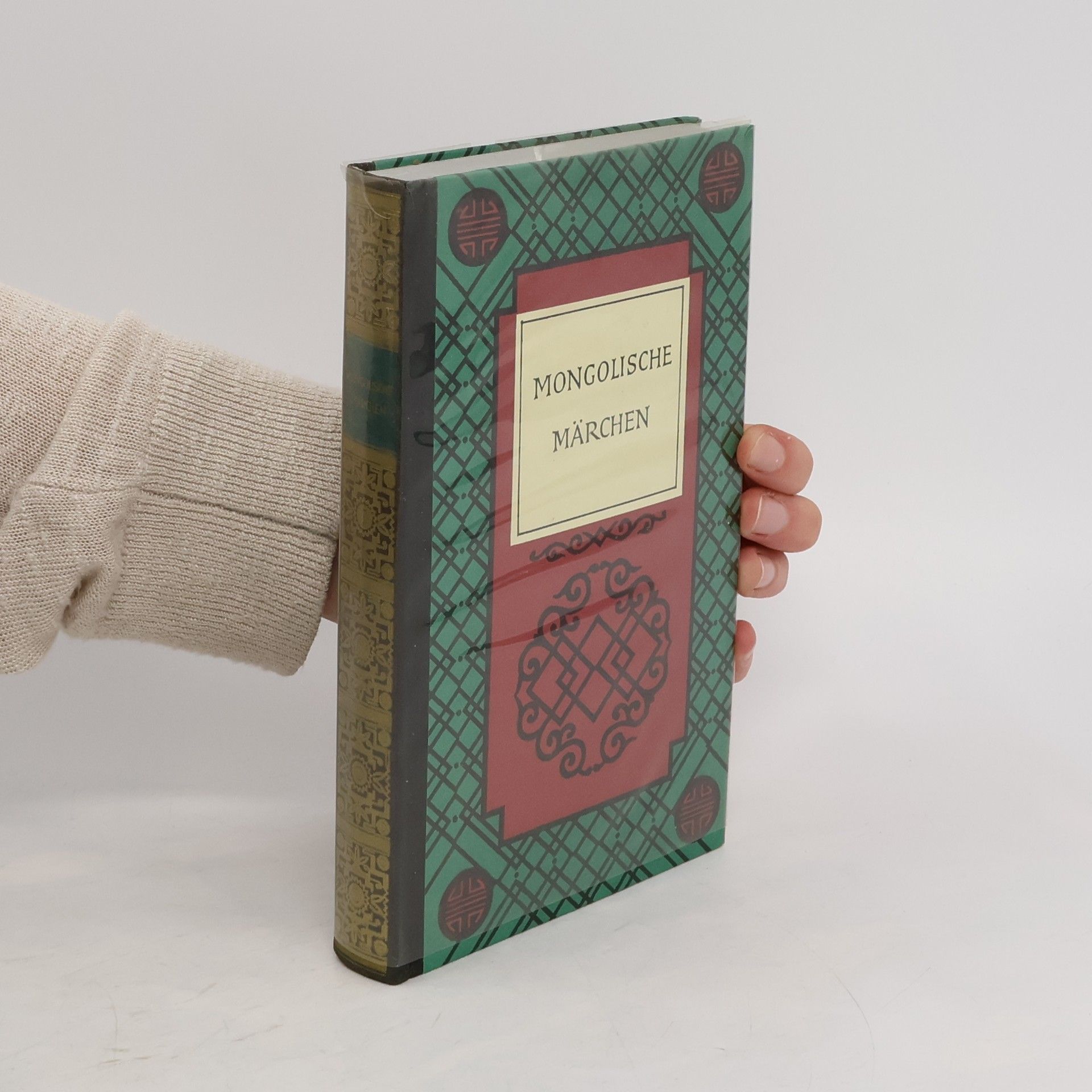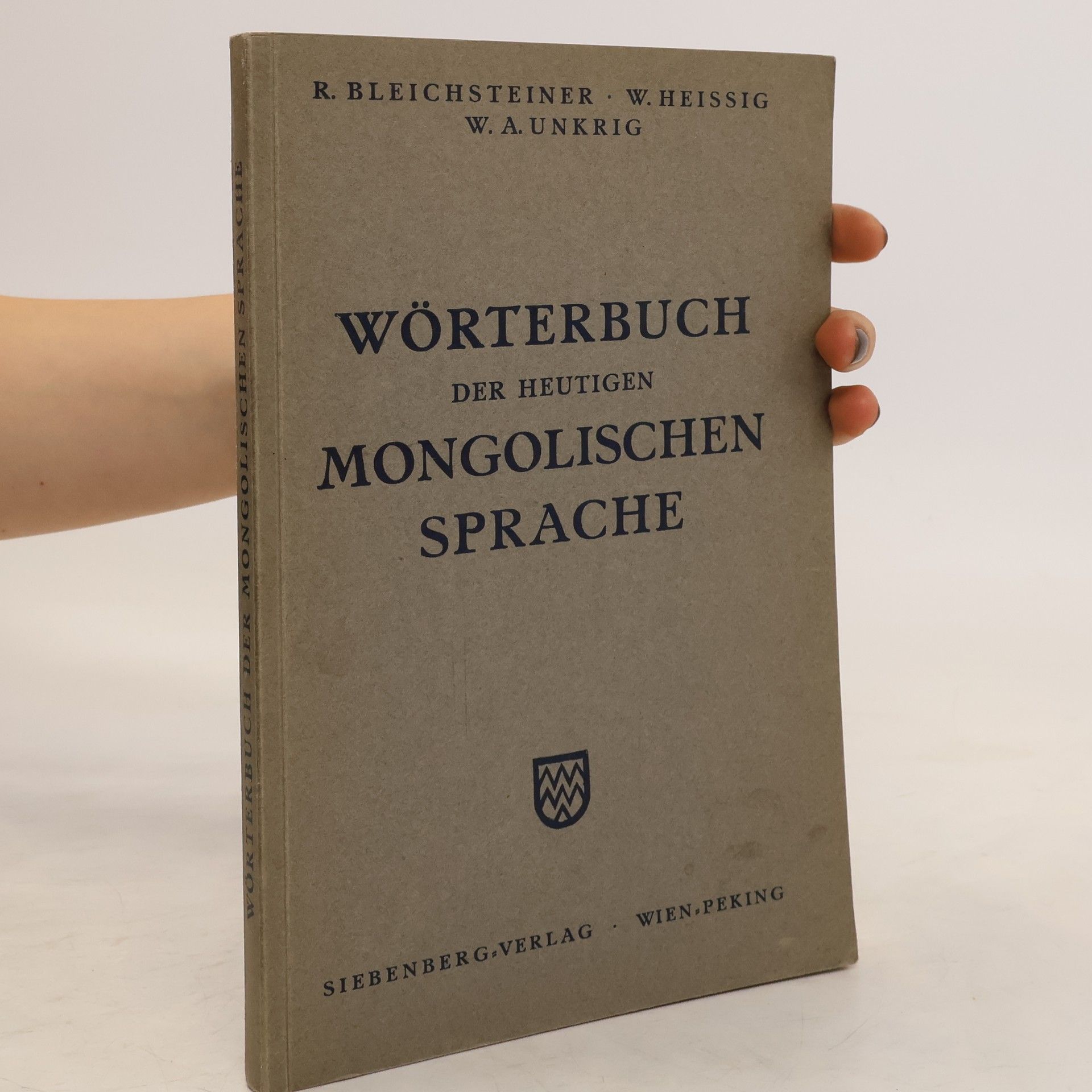Die Mongolen
- 336pages
- 12 heures de lecture
Hrsg. Heissig, Walter ; Müller, Claudius C. Katalog zur Ausstellung im Haus der Kunst, München. Zahlr., meist farb. Abb. 279, 223 S.






Hrsg. Heissig, Walter ; Müller, Claudius C. Katalog zur Ausstellung im Haus der Kunst, München. Zahlr., meist farb. Abb. 279, 223 S.